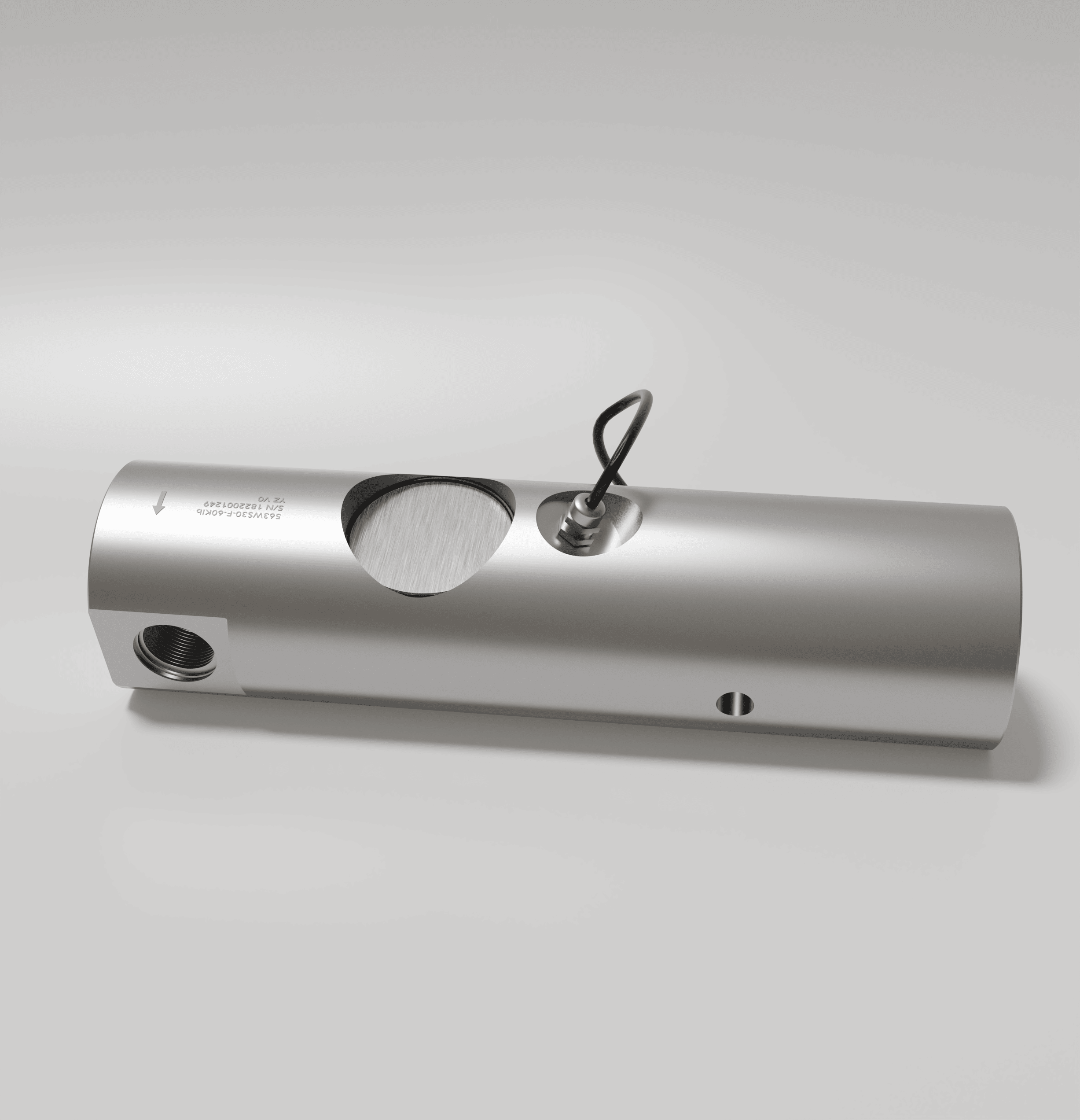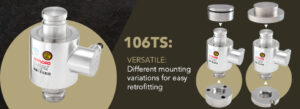Restriction of Hazardous Substances (RoHS)
RoHS stands for Restriction of Hazardous Substances, referring to the European Union’s Directive on the restriction of the use of certain hazardous substances in electrical and electronic equipment. This directive restricts the use of ten hazardous materials in the manufacture of various types of electronic and electrical equipment. The restrictions are on each homogeneous material in the product, which means that the limits do not apply to the weight of the finished product, or even to a component, but to any single material that could (theoretically) be separated mechanically. RoHS has been amended twice since first entering into force in 2006 to encompass ten hazardous substances. EU Directive 2015/863, set to take effect 22 July 2021, adds four new restricted substances – all phthalates. The four phthalates are mainly used as insulation plasticizers and are on the REACH list of SVHC (Substances of Very High Concern).
The expanded list is as follows:
- Lead (Pb): <1000ppm
- Mercury (Hg): < 1000ppm
- Cadmium (Cd): < 100ppm
- Hexavalent chromium (Cr6+): < 1000ppm
- Polybrominated biphenyls (PBB): < 1000ppm
- Polybrominated diphenyl ether (PBDE): < 1000ppm
- Bis(2-ethylhexyl) phthalate (DEHP): < 1000ppm
- Butyl benzyl phthalate (BBP): < 1000ppm
- Dibutyl phthalate (DBP): < 1000ppm
- Diisobutyl phthalate (DIBP): < 1000ppm
All products manufactured in or imported into the EU, with exceptions, must comply with RoHS. Any business that sells applicable electrical or electronic products, equipment, sub-assemblies, cables, components, or spare parts directly to RoHS-directed countries, or sells to resellers, distributors, or integrators that in turn sell products to these countries, is impacted if they utilize any of the restricted 10 substances. We are not aware of any Anyload products that approach or exceed any of the hazardous substances thresholds and is committed to working with our suppliers to ensure that we maintain conformity to all current and future regulations. Of primary concern to our compliance is in regard to the first four aforementioned hazardous substances (1 to 4, highlighted). These may be found in electronic circuitry, soldering, alloys, paints, and plating. We are carefully monitoring our supply chain for these substances, in particular, to ensure that we are in full compliance.
Notable exemptions exist under the RoHS control regime per Article 2 of Directive 2011/65/EU (recast) for the following product categories (for substances 1 to 6 only):
- equipment which is necessary for the protection of the essential interests of the security of Member States, including arms, munitions and war material intended for specifically military purposes;
- equipment designed to be sent into space;
- equipment which is specifically designed, and is to be installed, as part of another type of equipment that is excluded or does not fall within the scope of this Directive, which can fulfil its function only if it is part of that equipment, and which can be replaced only by the same specifically designed equipment;
- large-scale stationary industrial tools (large-scale assembly of machines, equipment, and/or components, functioning together for a specific application, permanently installed and de-installed by professionals at a given place, and used and maintained by professionals in an industrial manufacturing facility or research and development facility);
- large-scale fixed installations (a large-scale combination of several types of apparatus and, where applicable, other devices, which are assembled and installed by professionals, intended to be used permanently in a pre-defined and dedicated location, and de-installed by professionals);
- means of transport for persons or goods, excluding electric two-wheel vehicles which are not type-approved;
- non-road mobile machinery made available exclusively for professional use (machinery, with an on-board power source, the operation of which requires either mobility or continuous or semi-continuous movement between a succession of fixed working locations while working, and is made available exclusively for professional use);
- active implantable medical devices;
- photovoltaic panels intended to be used in a system that is designed, assembled and installed by professionals for permanent use at a defined location to produce energy from solar light for public, commercial, industrial and residential applications;
- equipment specifically designed solely for the purposes of research and development only made available on a business-to-business basis.
Lead soldering up to 85% by weight in soldering and 0.035% in steel and aluminum alloys are also exempted until 21 July 2021. As many of Anyload’s products are used in the assembly of end-products, frequently for industrial purposes, most sales to Europe may also be protected by these broader exemptions. Please contact us if you have any questions or concerns regarding RoHS compliance and Anyload products. We would be happy to work with you to assure Anyload’s and your continued compliance.


